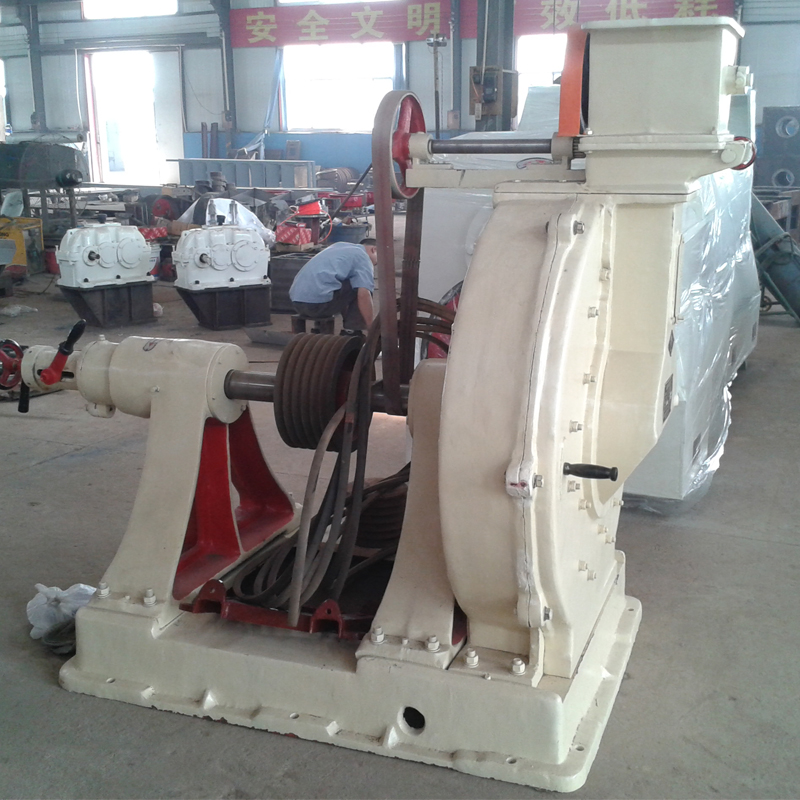Oct . 16, 2024 19:11 Back to list
cottonseed oil refining machine product
The Significance of Cottonseed Oil Refining Machines in Modern Agriculture
Cottonseed oil, derived from the seeds of cotton plants, is a popular edible oil known for its light flavor and high smoke point. As the demand for refined cooking oils continues to rise, the importance of efficient and effective cottonseed oil refining machines has become increasingly evident. These machines play a crucial role in improving the quality and safety of cottonseed oil, making it a staple ingredient in kitchens around the world.
The Refining Process
The refining of cottonseed oil is a multi-step process designed to remove impurities, free fatty acids, and undesirable flavors or colors from raw cottonseed oil. The process typically consists of several stages, including degumming, neutralization, bleaching, and deodorization. Each stage plays an essential role in ensuring the final product meets the high standards expected by consumers.
1. Degumming This initial phase involves removing phospholipids and other hydrophilic impurities from the crude oil. A degumming machine uses either water or acid to hydrate the gums, allowing them to be separated from the oil.
2. Neutralization In this stage, free fatty acids are removed to refine the oil further. Neutralization is typically achieved through an alkali treatment, which helps to create a more stable and palatable product. A well-designed neutralization system ensures that the oil retains its nutritional properties while enhancing its flavor.
3. Bleaching Bleaching involves the removal of colored pigments and further impurities to improve the oil’s appearance. This step often utilizes adsorbents like activated clay to absorb unwanted components. Advanced bleaching machines are equipped to optimize this process, ensuring maximum oil quality.
4. Deodorization The final step involves removing volatile compounds that may produce undesirable odors. Through steam distillation, deodorization machines effectively eliminate these compounds, resulting in a neutral-flavored oil suitable for various culinary applications.
cottonseed oil refining machine product

The Importance of Technology
Modern cottonseed oil refining machines leverage advanced technologies that enhance efficiency and product quality. Automation and precise control systems minimize human error and optimize each step of the refining process. This not only ensures consistency in oil quality but also maximizes yield, providing manufacturers with a competitive edge.
Furthermore, many of the latest machines incorporate energy-efficient technologies that reduce electricity consumption and waste generation. This eco-friendly approach is increasingly important as manufacturers seek to minimize their environmental impact and comply with regulatory standards.
Market Demand and Benefits
The growing global demand for vegetable oils, including cottonseed oil, underscores the importance of investing in high-quality refining machines. cottonseed oil is not only used for cooking; it also serves as an ingredient in various processed foods, cosmetics, and even biodiesel production. Therefore, ensuring a high-quality product through effective refining is essential to meet diverse market needs.
Moreover, consumers are becoming more health-conscious, leading to a preference for oils that are free from harmful contaminants. High-quality refining machines contribute to producing cleaner and healthier cottonseed oil, aligning with consumer expectations.
Conclusion
In conclusion, cottonseed oil refining machines are indispensable in modern agricultural and food production processes. By enhancing the quality, safety, and sustainability of cottonseed oil, these machines play a vital role in meeting the growing global demand for healthier cooking oil alternatives. As technology continues to evolve, the refining process will undoubtedly become more efficient, further solidifying cottonseed oil’s place in the marketplace. Investing in high-quality refining machinery is not just a business decision but also a commitment to delivering superior products to consumers while promoting sustainable practices in the agricultural sector.
-
HP 120 Cold Oil Press-Hebei Huipin Machinery|Oil Extraction, Cold Press
NewsAug.07,2025
-
HP 120 Model Cold Oil Press-Hebei Huipin Machinery|Cold Oil Extraction, High Efficiency
NewsAug.07,2025
-
HP 120 Model Cold Oil Press - High-Efficiency Oil Extraction&Automated Processing
NewsAug.07,2025
-
Safflower Oil Press Service | Expert & Efficient Solutions
NewsAug.07,2025
-
HP 120 Model Cold Oil Press - Hebei Huipin Machinery | Advanced Oil Extraction Technology
NewsAug.06,2025
-
HP 120 Cold Oil Press-Hebei Huipin Machinery|Cold Pressing, Oil Extraction
NewsAug.06,2025
